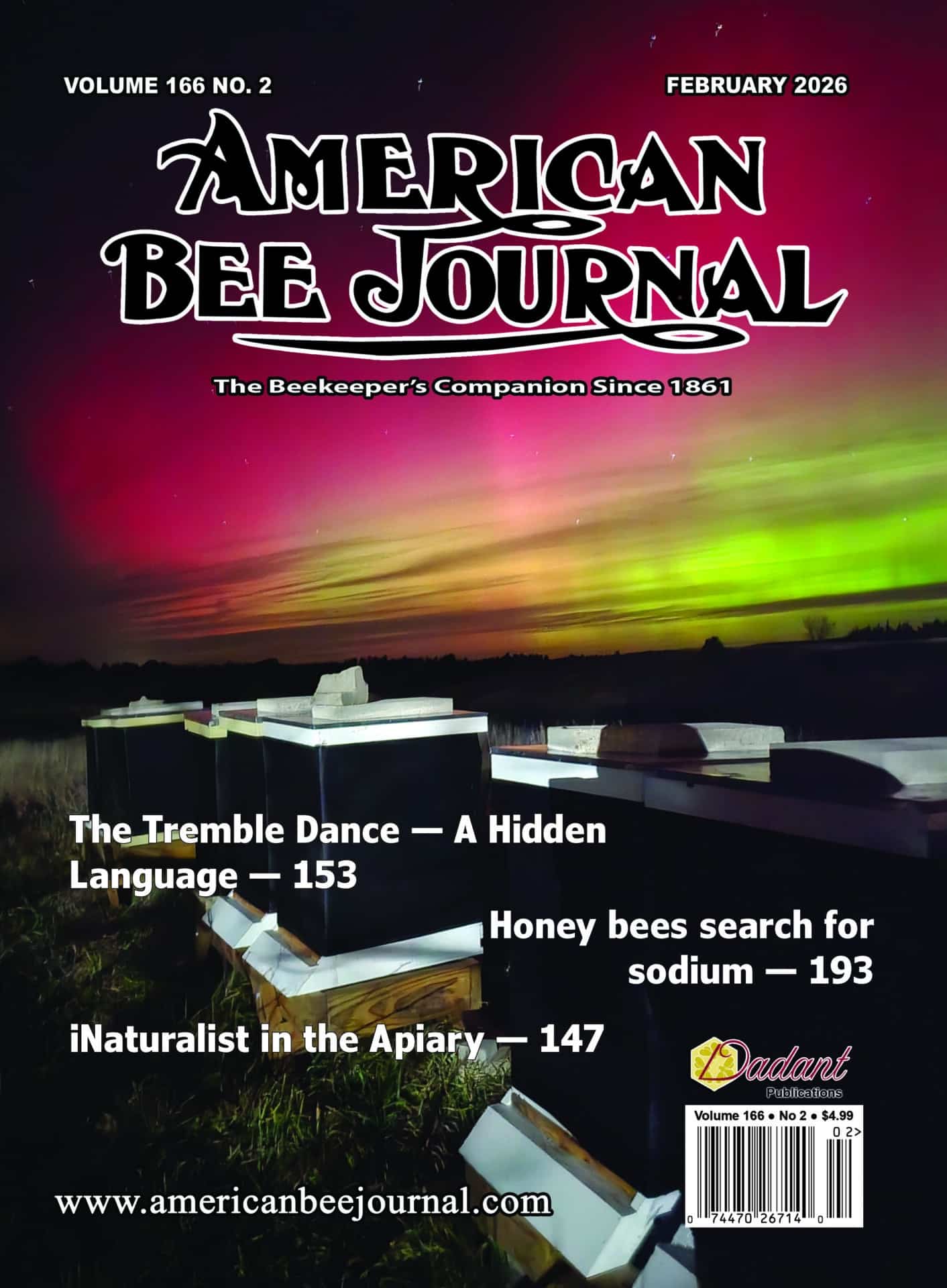Plain Talk Beekeeping
Some Beehive Mistakes
Helping weak colonies — too much review?
Maybe I write about this subject too much. After all, we seem to agree that honey bees are not as vibrant as they were a few decades ago, but in life, we seem to forget the bad and remember the good. Am I, and others like me, just remembering the good bee things of the ‘70s and ‘80s? Maybe to some degree that is true, but one of the few things of which I am sure is that today’s bee colonies are not as resilient as they were around thirty or more years ago.
Is the end of bees and their keepers at hand? I don’t think so. Will our food supply be threatened? It hasn’t been so far. Can we do something to help hurting bees? One would think that we could, but in most cases, it’s hard to help bees. If bees have something like a “life philosophy,” it seems that it would be that they choose to live or die on their own terms. In general, they simply want to be left alone — and yet here we are — wanting to be helpful.
Setting the bee stage
This subject is on my mind as it is about every year at this time. For you, right now, it’s winter and spring is on the way. I’m sure that I will have to deal with my winter kills and I will try to help the ones that survived.
Last spring, as I now do nearly every year, I bought some packages of bees to help replace my losses from the previous winter. When I ask beekeeping groups for rough approximations of their winter-kill rates, it’s all over the page. Some lose nearly everything while others lose nearly nothing. Then there’s the middle group that just loses a lot. Is this an “average” winter result? It appears so. Small survivors are increasingly common — or is it just me?
Just an “average” season
In beekeeping, my concept of “average” has been forced to change. During seasons long past, I would lose 10-15% of my colonies during the winter — maybe less. Surviving colonies would build up quickly. Within a few weeks, swarms would be plentiful. Recovering colonies built up rapidly and could be split. In those days, there were even bee colonies for sale in farm publications and classified ads. If I lost a few colonies during this old-fashioned “average” winter, no big deal. The losses were easily made up.
Now, I routinely lose 35-40% or more during the winter. The survivors are frequently pitifully small. Swarm numbers have dropped, package bees are expensive and queens are sometimes “iffy.” Now, I rarely see established colonies for sale. As a younger beekeeper with more human help, I kept 200+ colonies at Ohio State. Now that I have long retired, I will have about 20 this upcoming season after I replace my losses. I keep hoping that this annual situation is just a passing phase. This could not be an “average” season. You just wait — one day soon, all will be right again. Things will again be properly “average.”
Would someone please slap me on both cheeks? The old “average” is gone and the new “average” is here for the foreseeable future. Diseases, pests, poor queens, poor beekeeping — whatever the reason — the fact is that winter kill rates are higher; mites are a perpetual problem; survivors are frequently weak and replacement bees are expensive …


